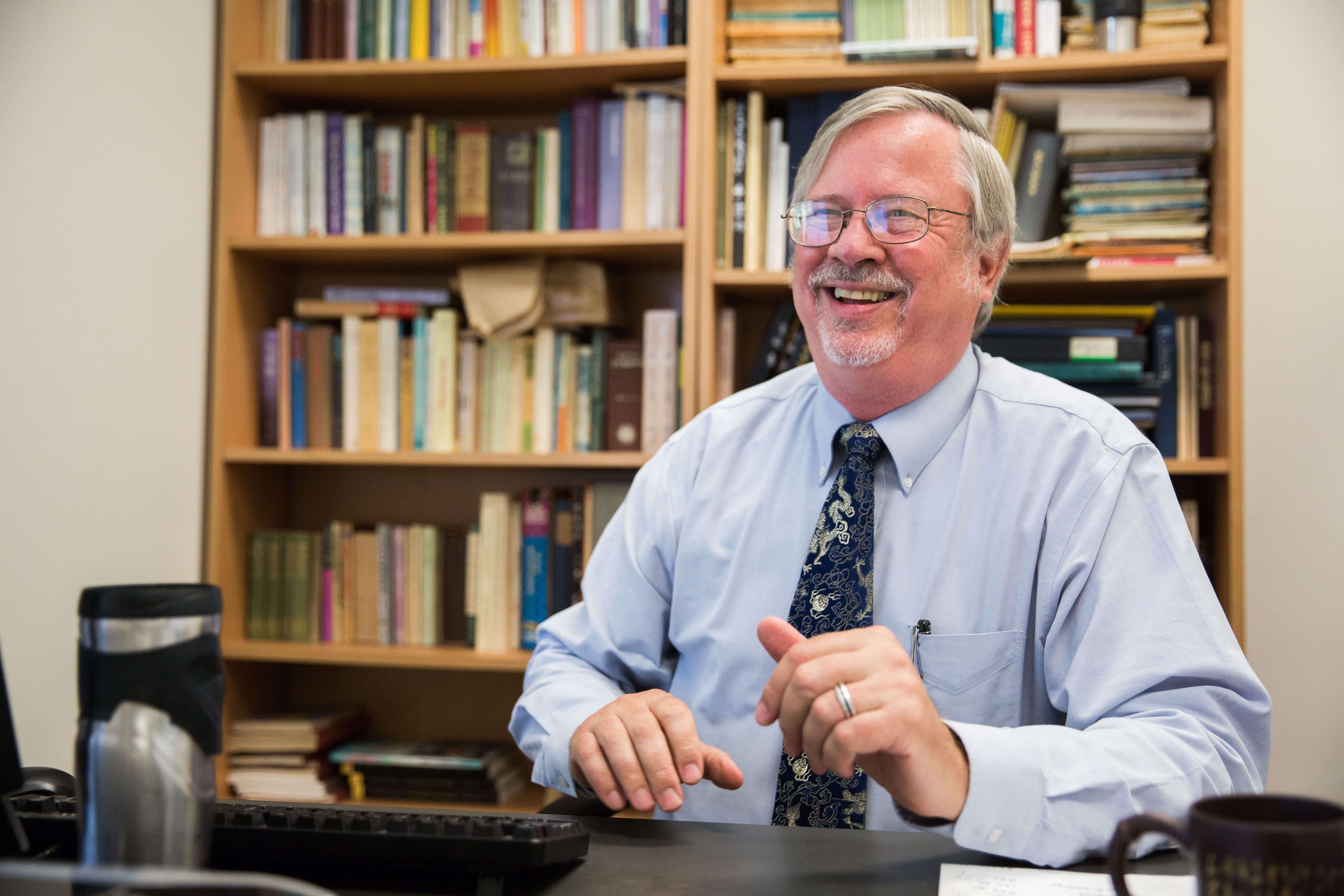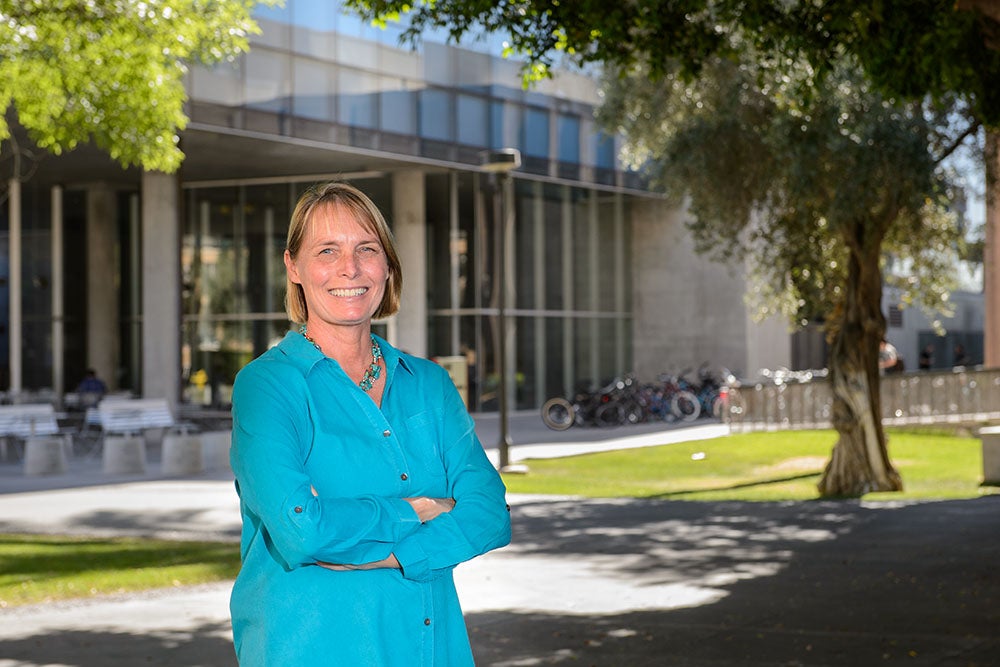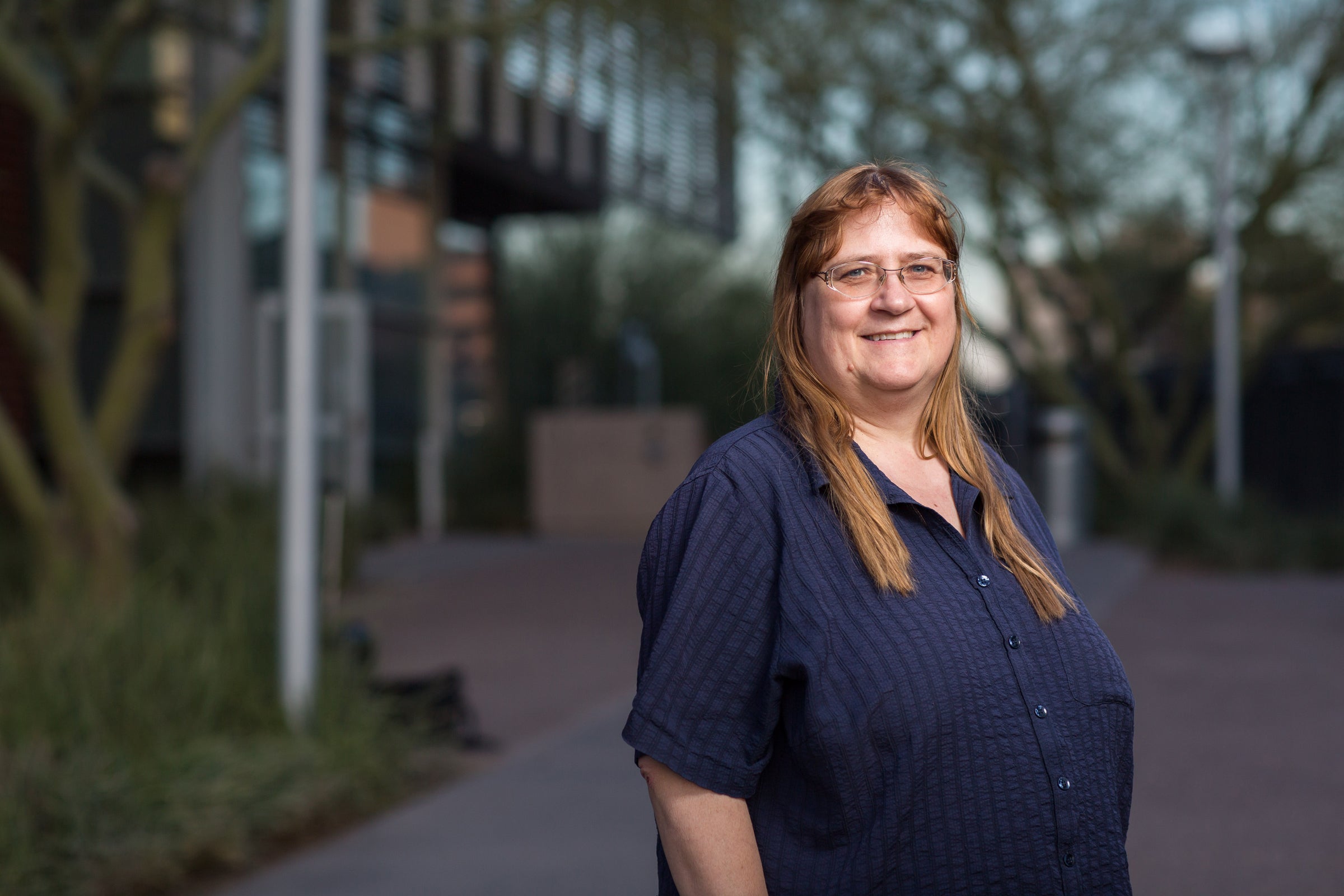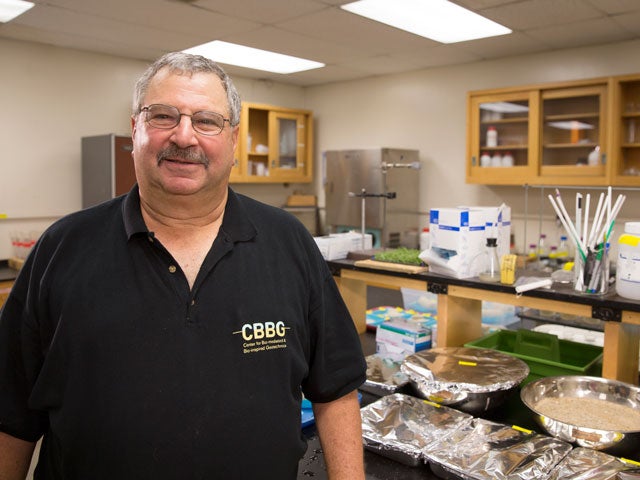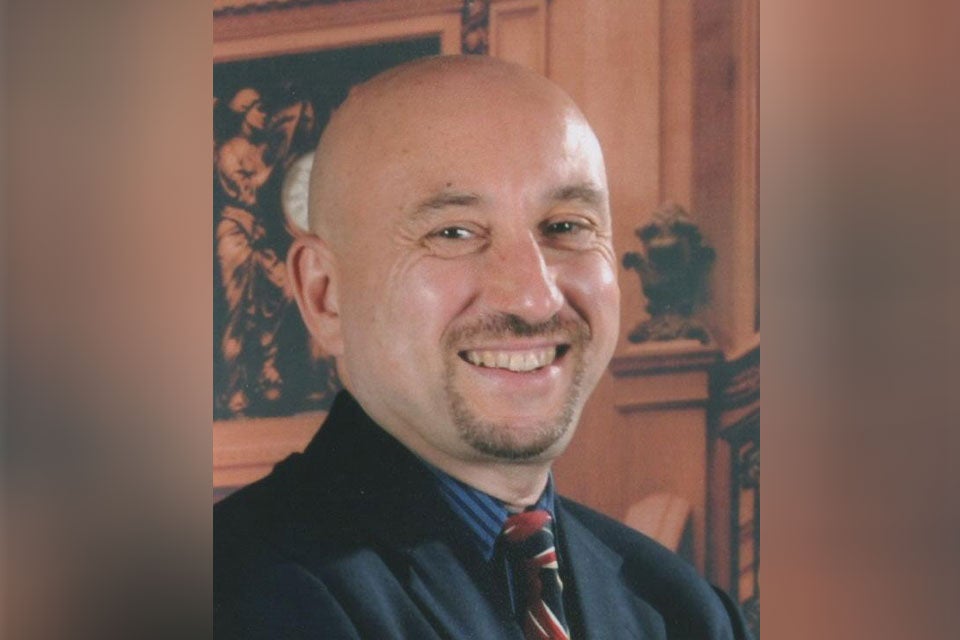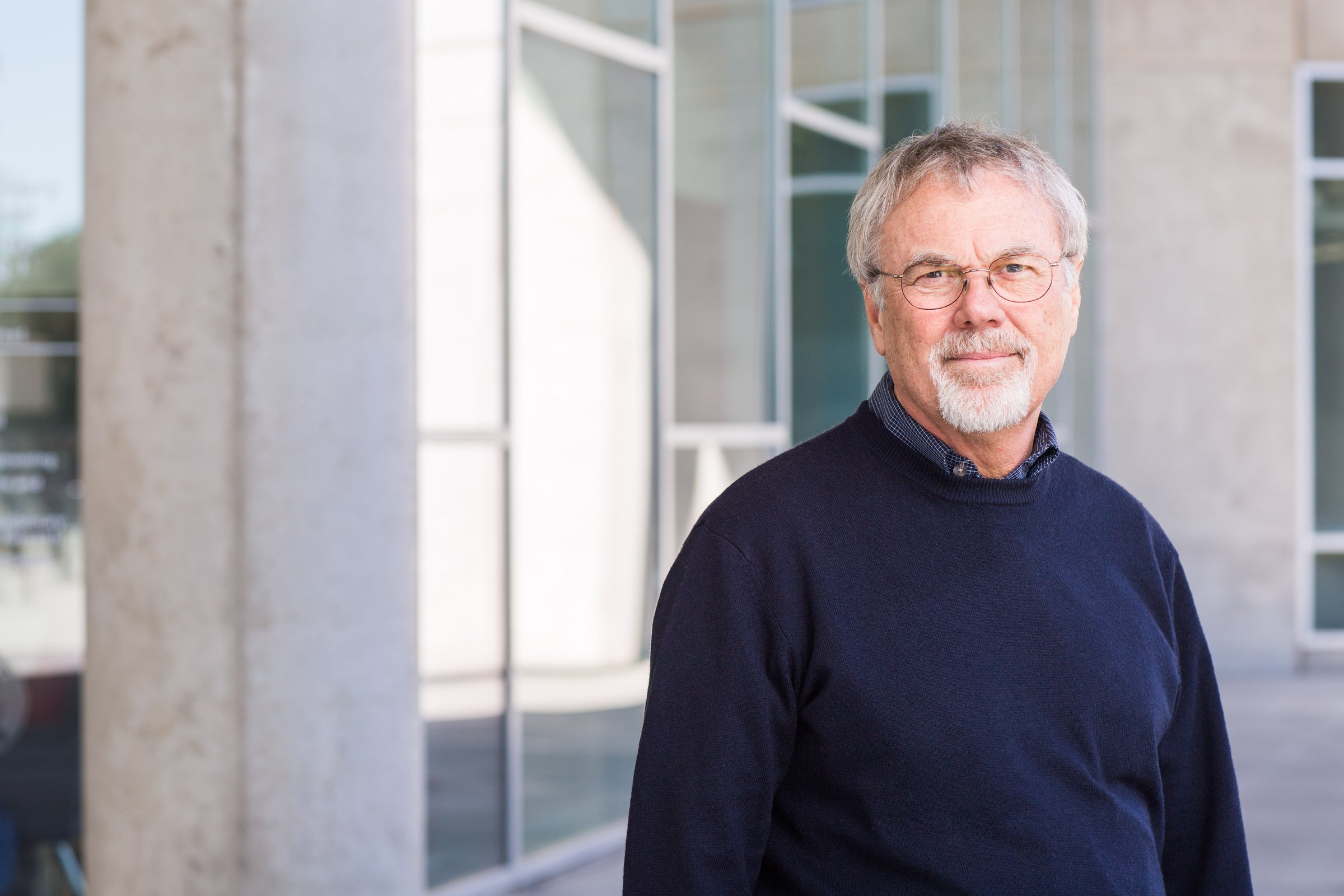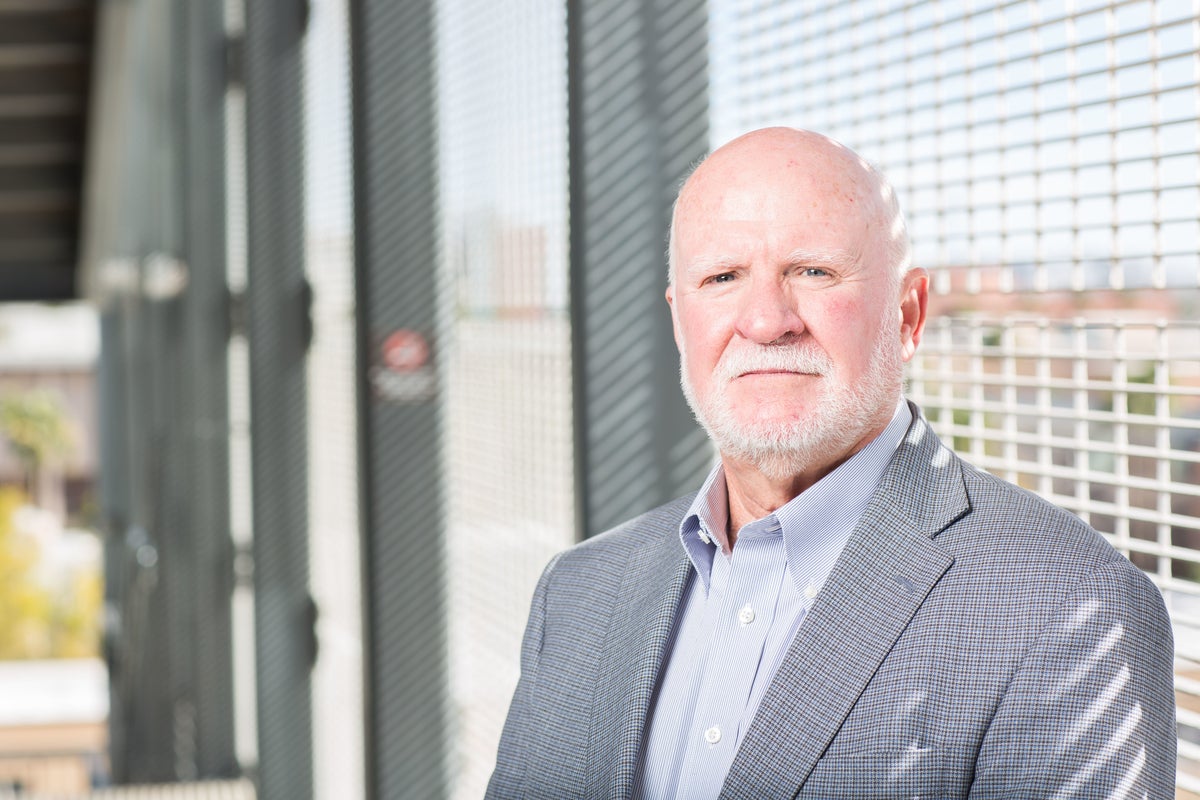There are many bright stars in Arizona State University's universe, and a handful of the brightest will be honored Thursday, Feb. 4, at the 2016 Regents' Professors Induction Ceremony in Tempe.
Regents’ Professor is the highest faculty honor and goes to full professors from one of the three Arizona public universities whose exceptional achievements have brought them national or international distinction. With the latest additions, ASU has a total of 83 Regents’ Professors.
The seven newest will be recognized at a ceremony at 5 p.m. Thursday at the Evelyn Smith Music Theater on the Tempe campus. Here is a glimpse into their fields, passions and expertise.
Stephen R. Bokenkamp, College of Liberal Arts and Sciences
Stephen Bokenkamp was a pacifist during the height of the Vietnam War, so he lobbied with recruiters to serve in a capacity that didn't involve combat. The result made him a spy and set him on a path to become an expert of Chinese culture.
Bokenkamp said he has enjoyed his eight years at ASU, which have challenged him intellectually and professionally. He recently won a Guggenheim award for translation work on his new book, “Zhen’gao” or “Declarations of the Perfected,” a sixth-century Chinese book of celestially revealed material.
“When I came to this university, President Crow said I’d be doing things I’d never done before, and he was right,” Bokenkamp said. “This has been a stimulating place to be.”
Janet Franklin, College of Liberal Arts and Sciences
Janet Franklin, a professor in the ASU School of Geographical Sciences and Urban Planning, fuses disciplines of geography and biology by studying the climate and topographical changes.
She said the honor of being named Regents' Professor has left her “flattered, honored, surprised and humbled.”
“This has been a big year,” Franklin said. “I’m the kind of scientist who has been quietly doing my work for three decades. I never expected this kind of recognition. It feels pretty nice.”
Petra Fromme, College of Liberal Arts and Sciences
Petra Fromme, a world expert on proteins, has been a pioneer in using new technology to research their molecular structure. As director of the new Center for Applied Structural Discovery at the Biodesign Institute, she leads 12 faculty and their students from different disciplines studying the structure and dynamics of proteins, potentially leading to improved manmade technologies.
She feels her appointment as Regents’ Professor will boost the center’s profile.
“I think it will increase the visibility of the center and attract students who would otherwise do their PhD at Harvard or Yale,” she said.
Edward Kavazanjian Jr., Ira A. Fulton Schools of Engineering
Engineering professor Edward Kavazanjian has excelled as a teacher, researcher and leader among professional colleagues — and he’s still striving to make major contributions to his field.
In nominating Kavazanjian for the designation, fellow ASU engineering Regents’ Professor Bruce Rittmann noted Kavanzanjian’s ability to “engage, challenge and excite graduate and undergraduate students, while providing national and international leadership at the forefront of geotechnical engineering.”
“Bringing new insights to students and seeing how that opens up their perspective on the important work they could do as engineers is why I love teaching,” Kavazanjian said. “Nothing has been as personally rewarding as seeing some of my former students succeed professionally and become my professional colleagues and closest friends.”
Flavio F. Marsiglia, College of Public Service and Community Solutions
Flavio Marsiglia's work on diversity, substance use and youth development is regarded to be among the best and most influential in the field, and it's why he was named as a Regents' Professor.
“Flavio is doing research that is exceptional in every sense,” said Jonathan Koppell, dean of the College of Public Service and Community Solutions. “He is an internationally recognized expert on health disparities and minority health research who has not only brought innovative ideas to the forefront, he has brought communities together to enact solutions.”
“Most kids do not use alcohol or other drugs, and we as a society tend to focus on the ones who do,” Marsiglia said. “We do, however, need to educate and equip all youth with tools for prevention. Above all else, I want to be an advocate for prevention.”
Robert Page, College of Liberal Arts and Sciences
Robert Page, an expert in honeybee genetics, was the founding director of the School of Life Sciences and is the former provost. Page calls the Regents' Professor honor “icing on the cake” and is proud of the recognition of his research.
Through the decades of administration, Page has maintained his work with the honeybees. In 2013, he released the book “The Spirit of the Hive: The Mechanisms of Social Evolution,” summarizing his lifetime of research.
“I teach the students fundamental biology and behavior of bees and how we take that knowledge and change their behavior to benefit us, so we can profit from their honey and the pollination services they provide," Page said.
“I’ve turned a lot of kids on to bees.”
B.L. Turner II, College of Liberal Arts and Sciences
It doesn’t take long to figure out why B.L. Turner II is a pioneer in the field of sustainability science or why ASU has recently named him a Regents’ Professor. His work has changed the way communities and countries are thinking about the environment and climate change.
Turner was instrumental in founding ASU’s interdisciplinary School of Sustainability, was one of the first researchers to use data to better understand how humans affect the landscape and the implications for the environment.
"I’m very satisfied with what I do and I love what I do. So if you can do what you love doing, people will recognize that what you did is very valuable to you," Turner said. "I enjoy and deeply appreciate the recognition comes along with being a Regents’ Professor."
More Science and technology

Ancient sea creatures offer fresh insights into cancer
Sponges are among the oldest animals on Earth, dating back at least 600 million years. Comprising thousands of species, some with lifespans of up to 10,000 years, they are a biological enigma.…

When is a tomato more than a tomato? Crow guides class to a wider view of technology
How is a tomato a type of technology?Arizona State University President Michael Crow stood in front of a classroom full of students, holding up a tomato.“This object does not exist in nature,” he…

Student exploring how AI can assist people with vision loss
Partial vision loss can make life challenging for more than 6 million Americans. People with visual disabilities that can’t be remedied with glasses or contacts can sometimes struggle to safely…

